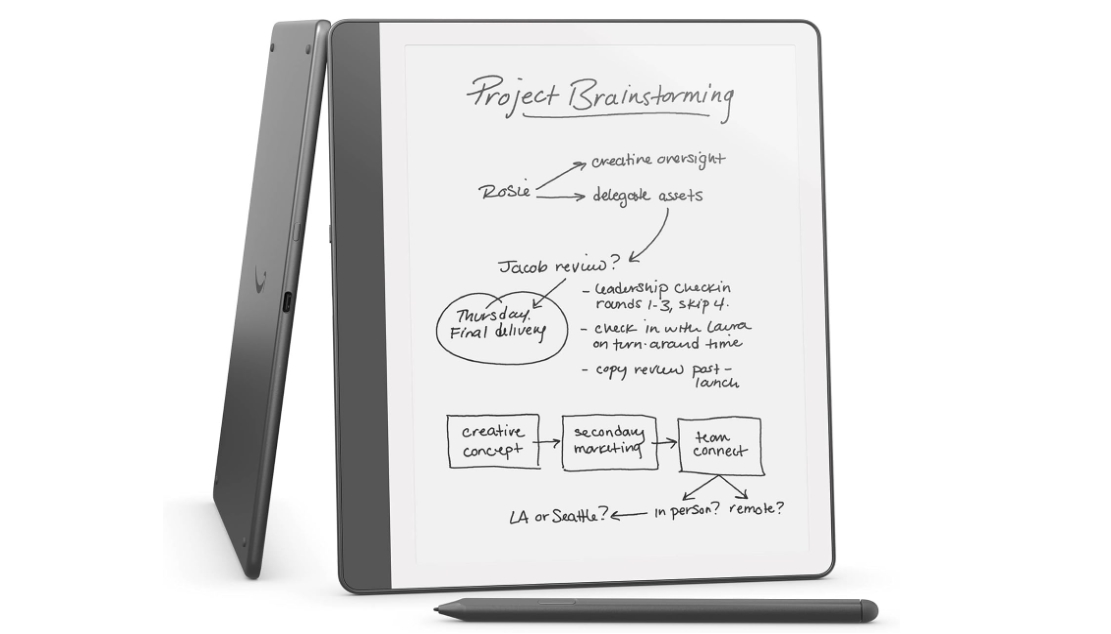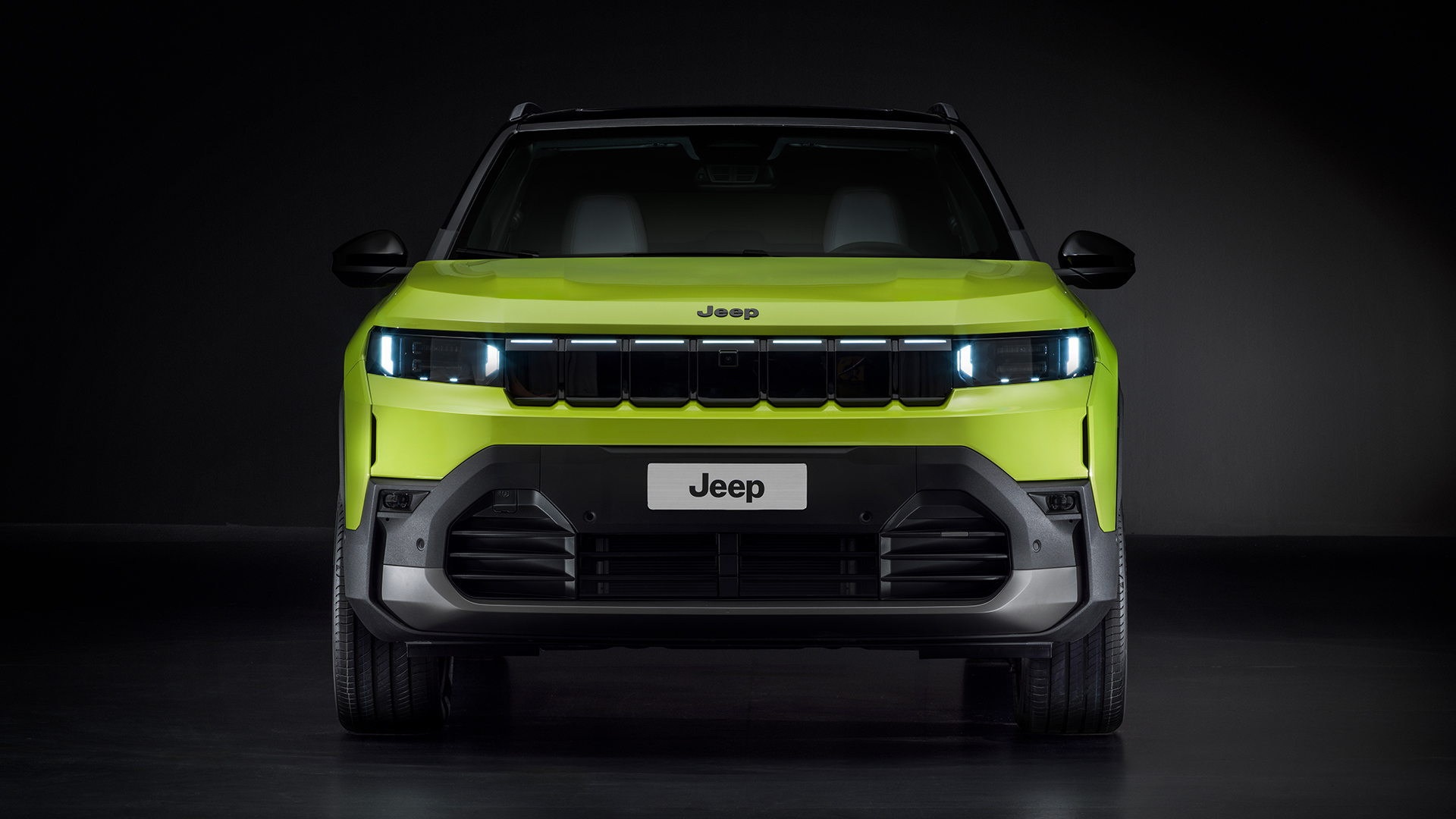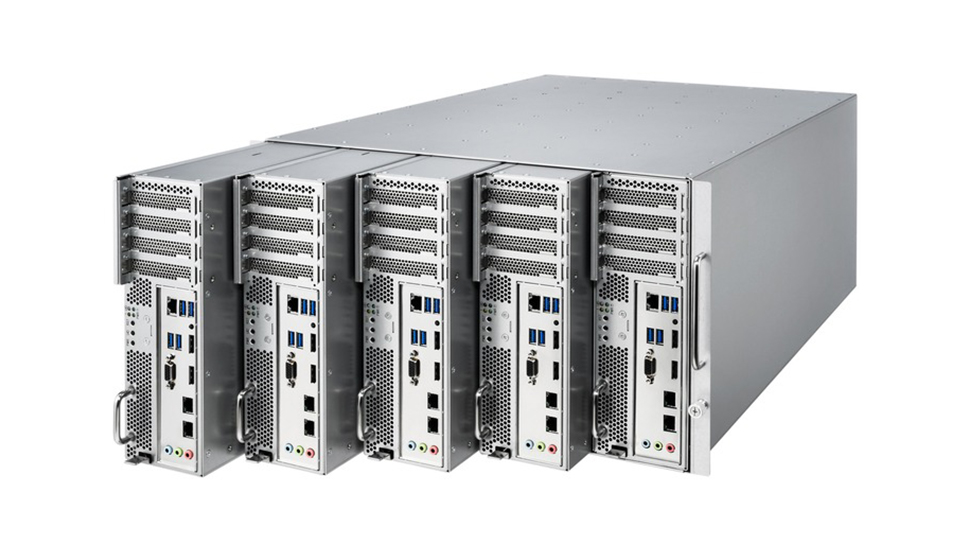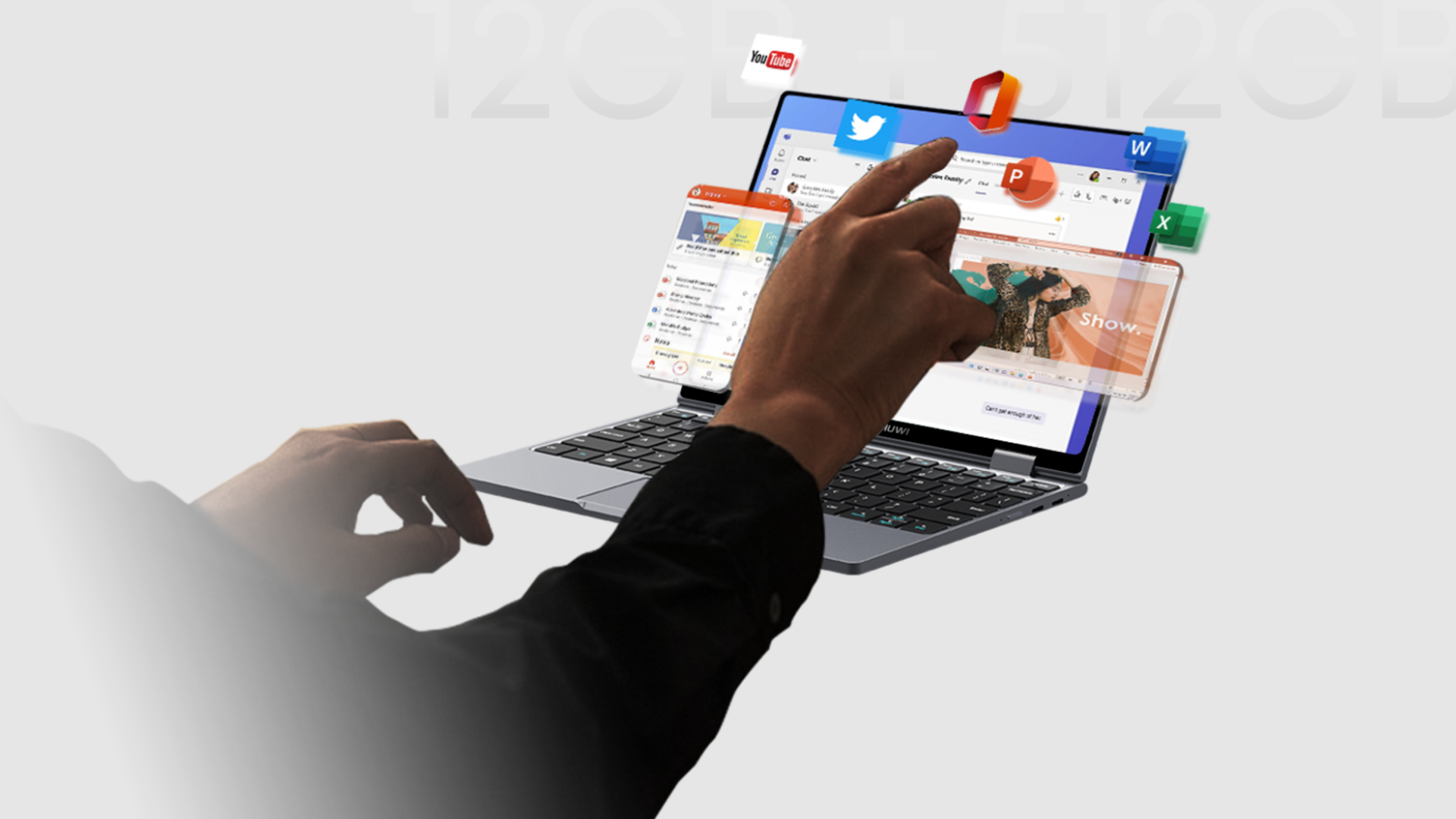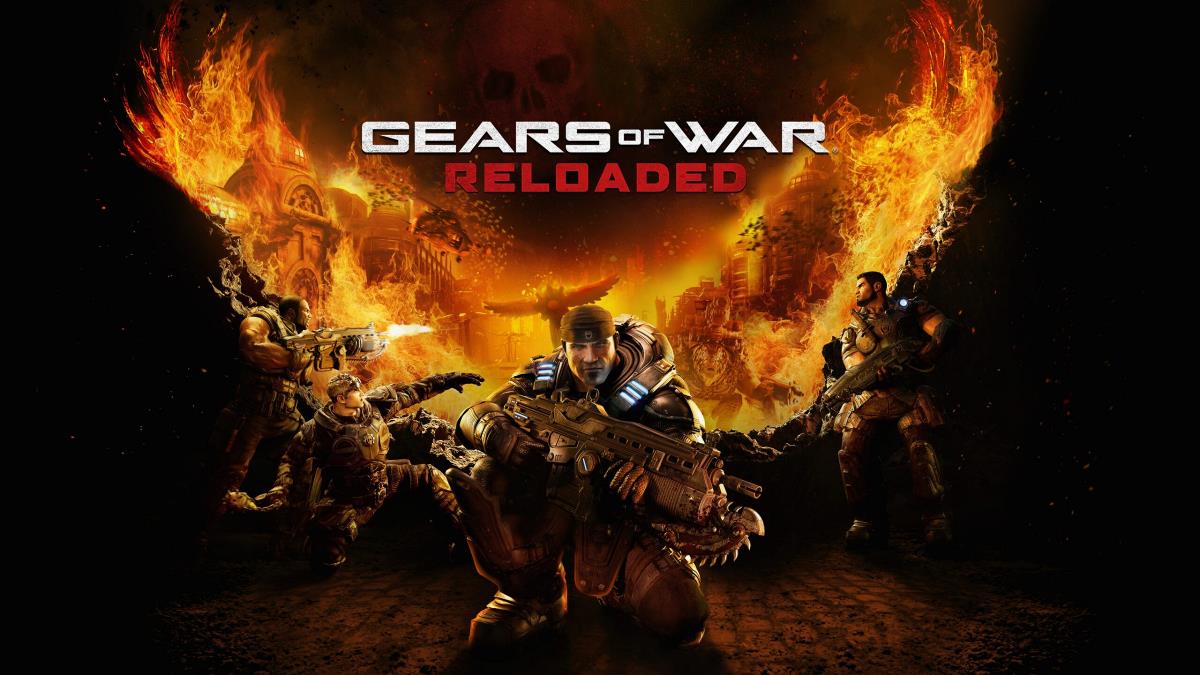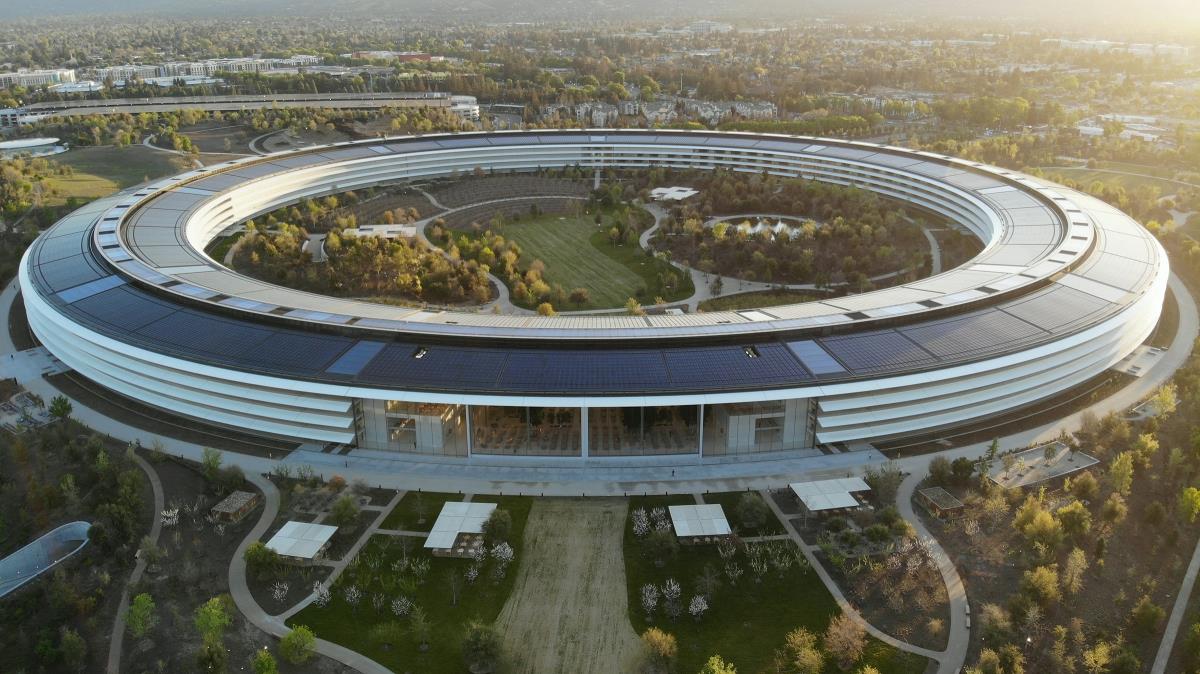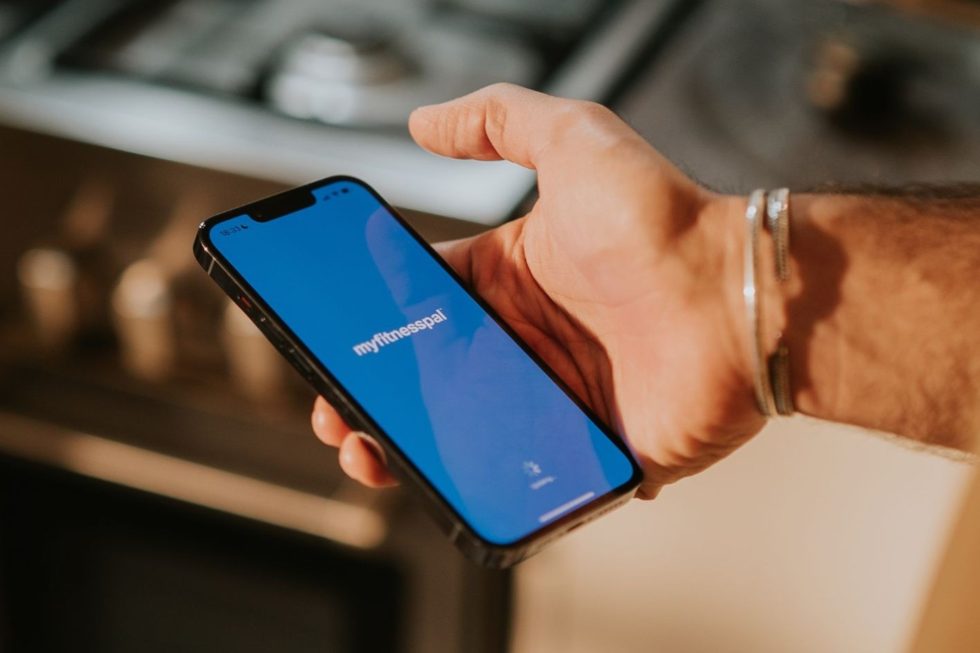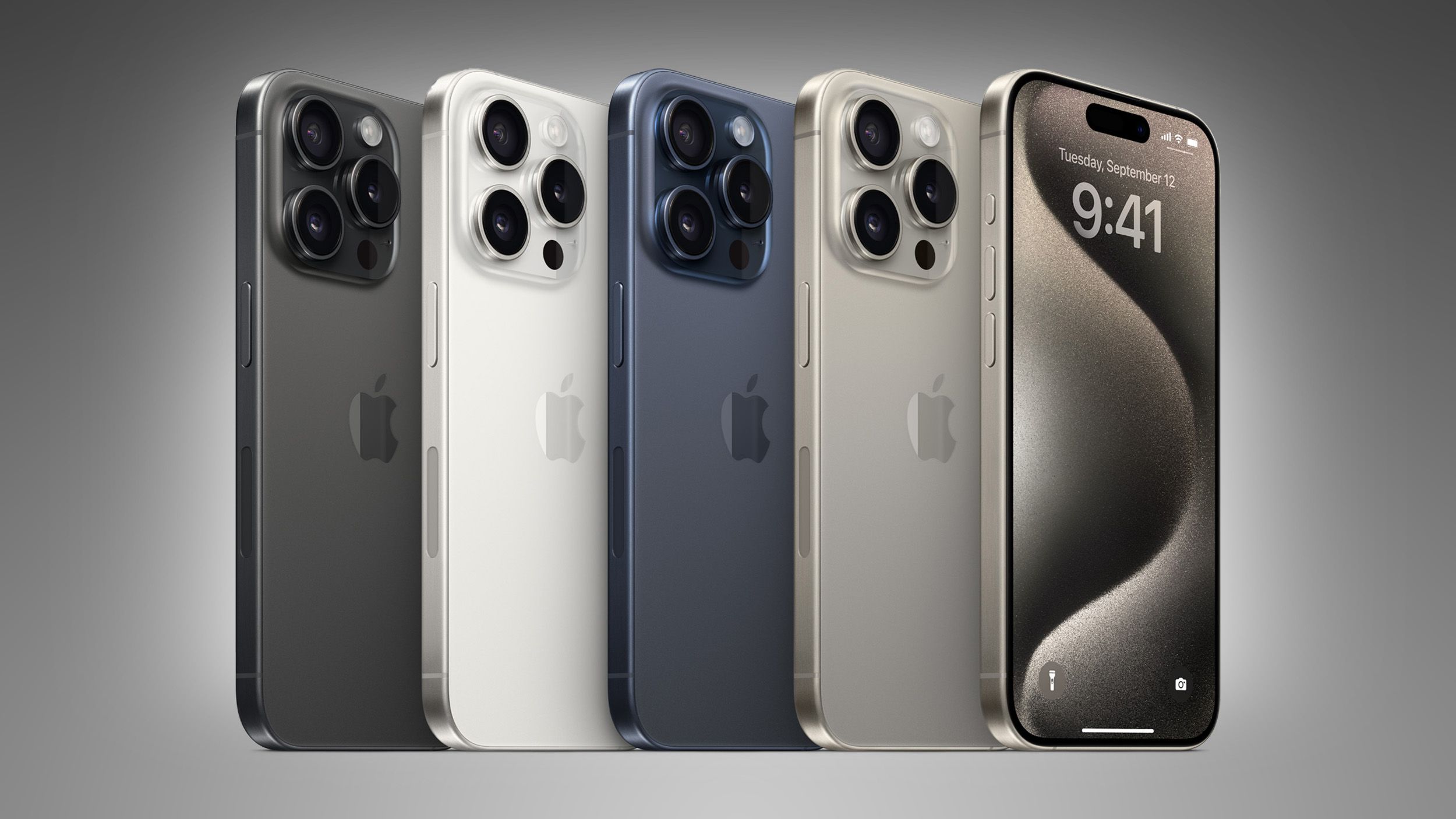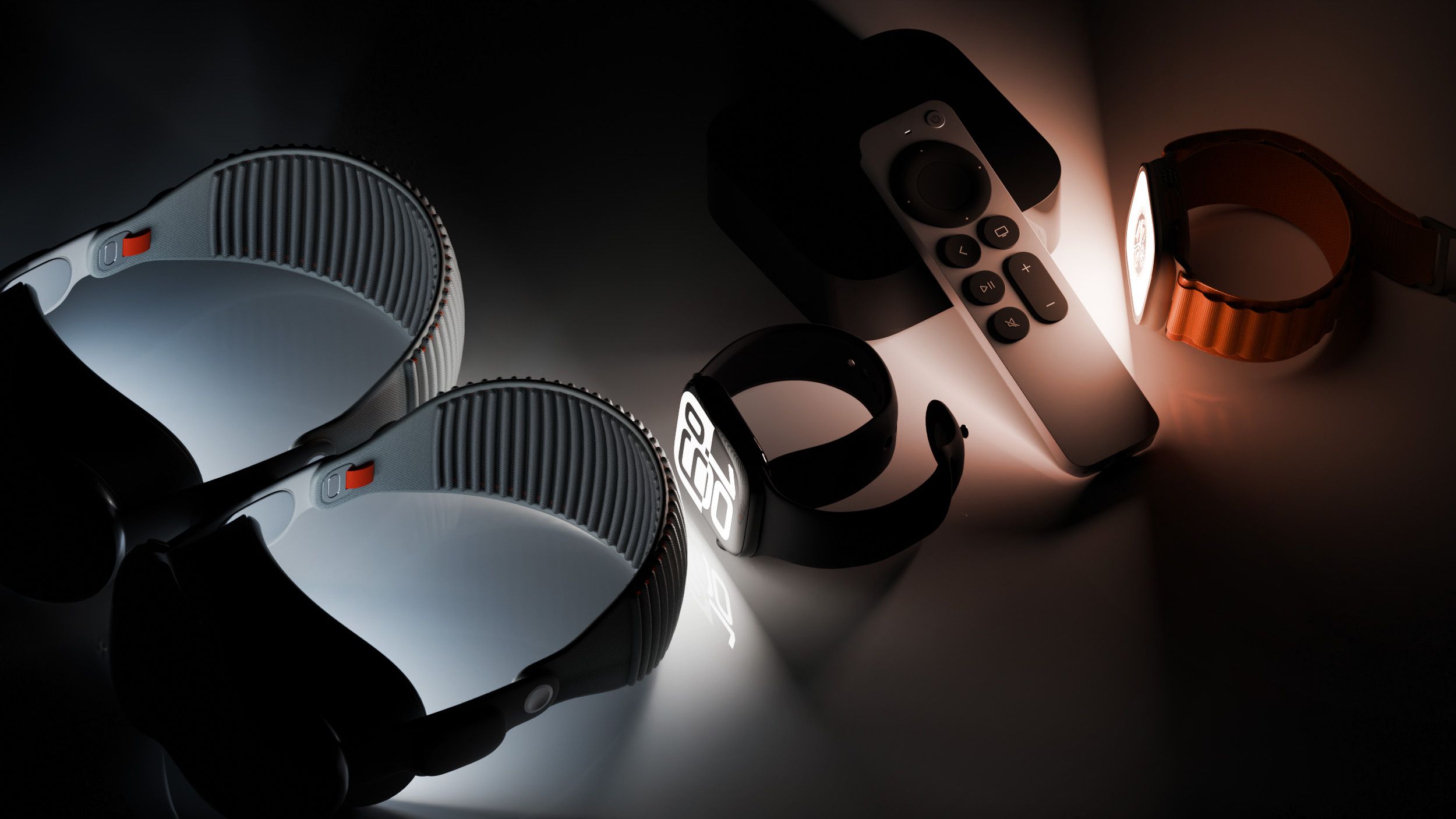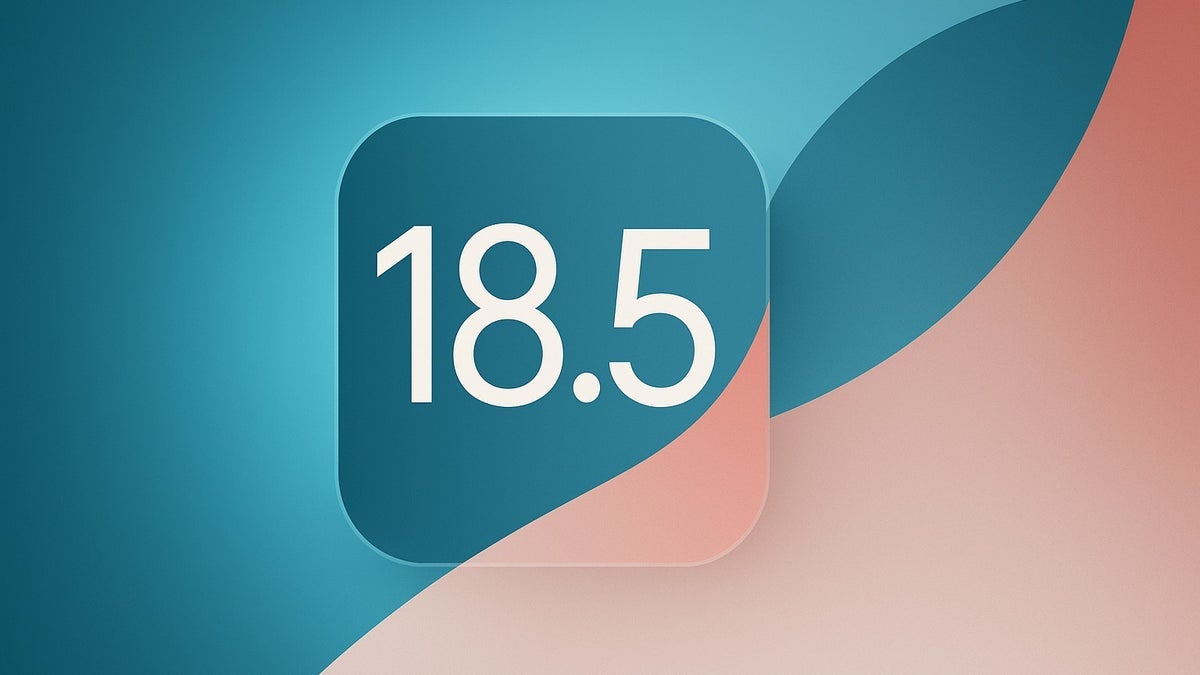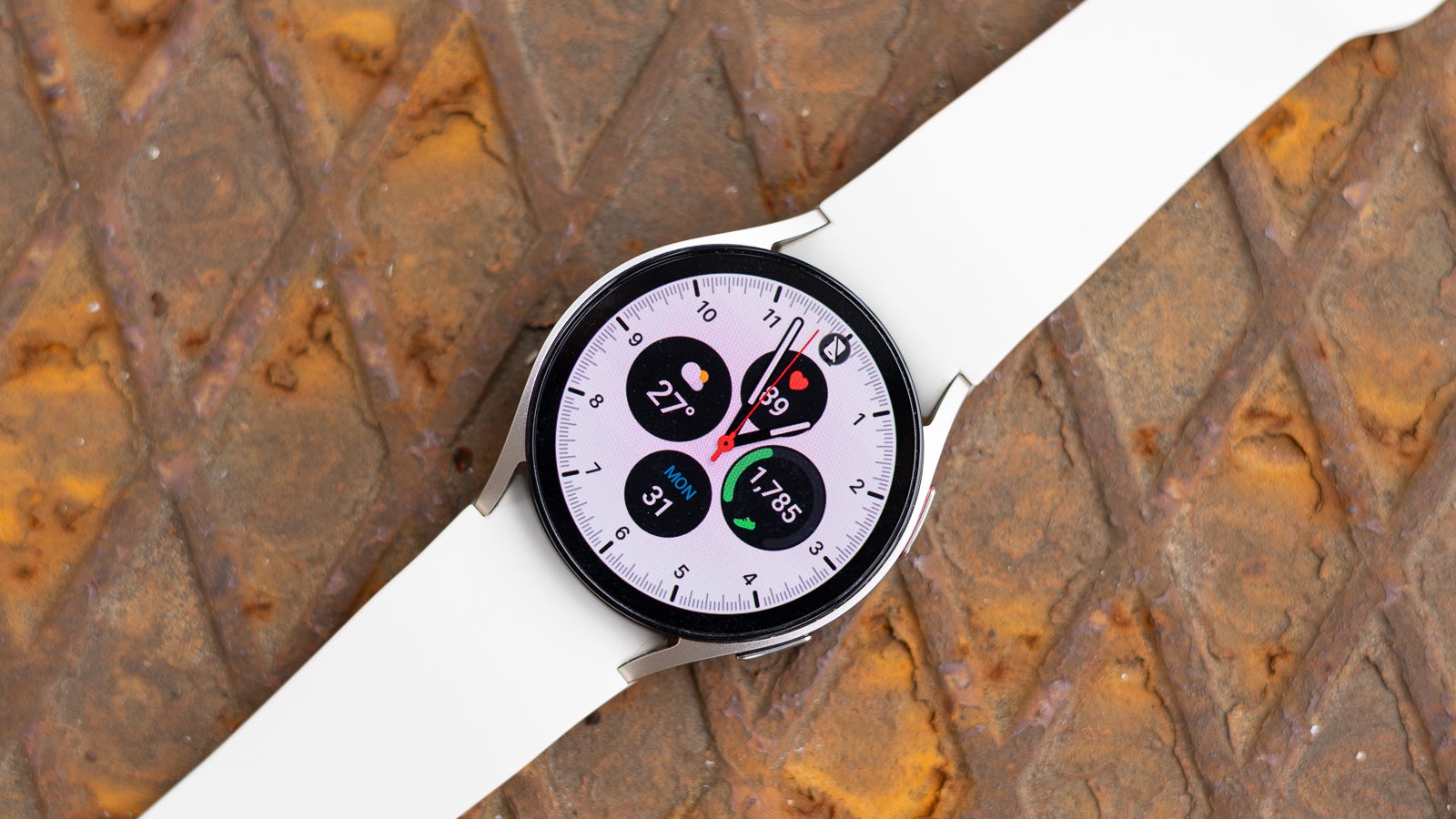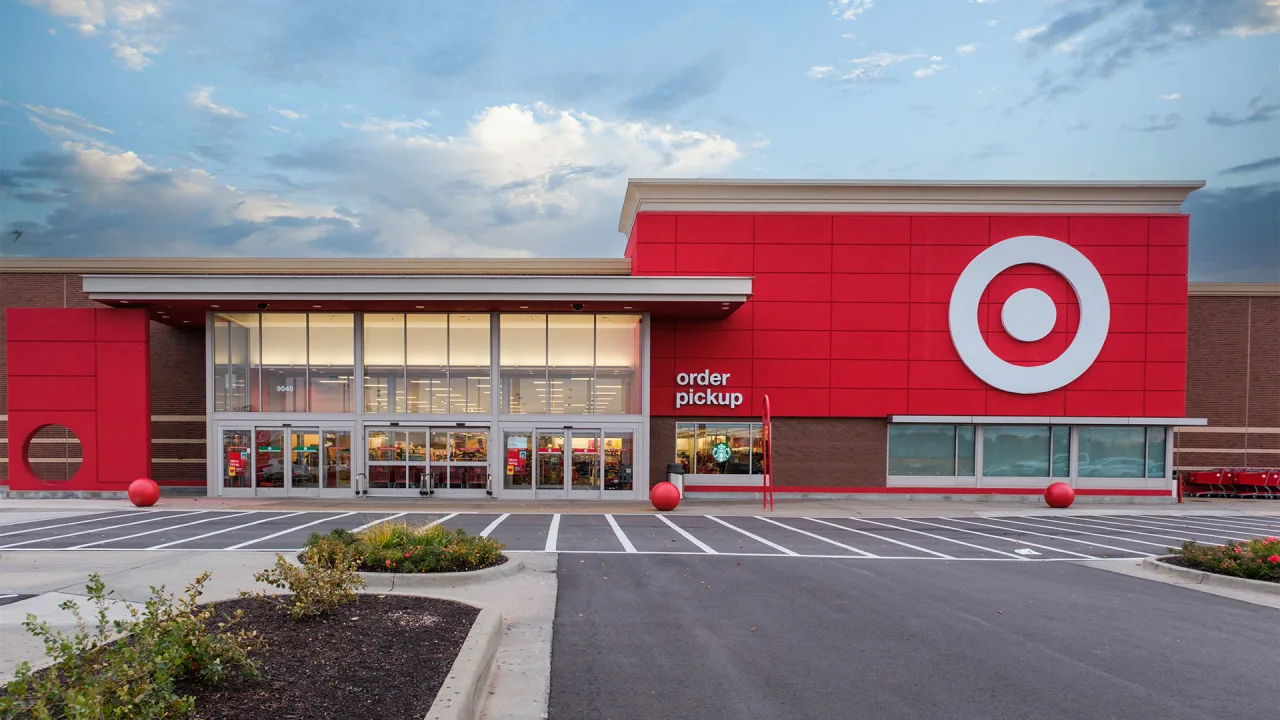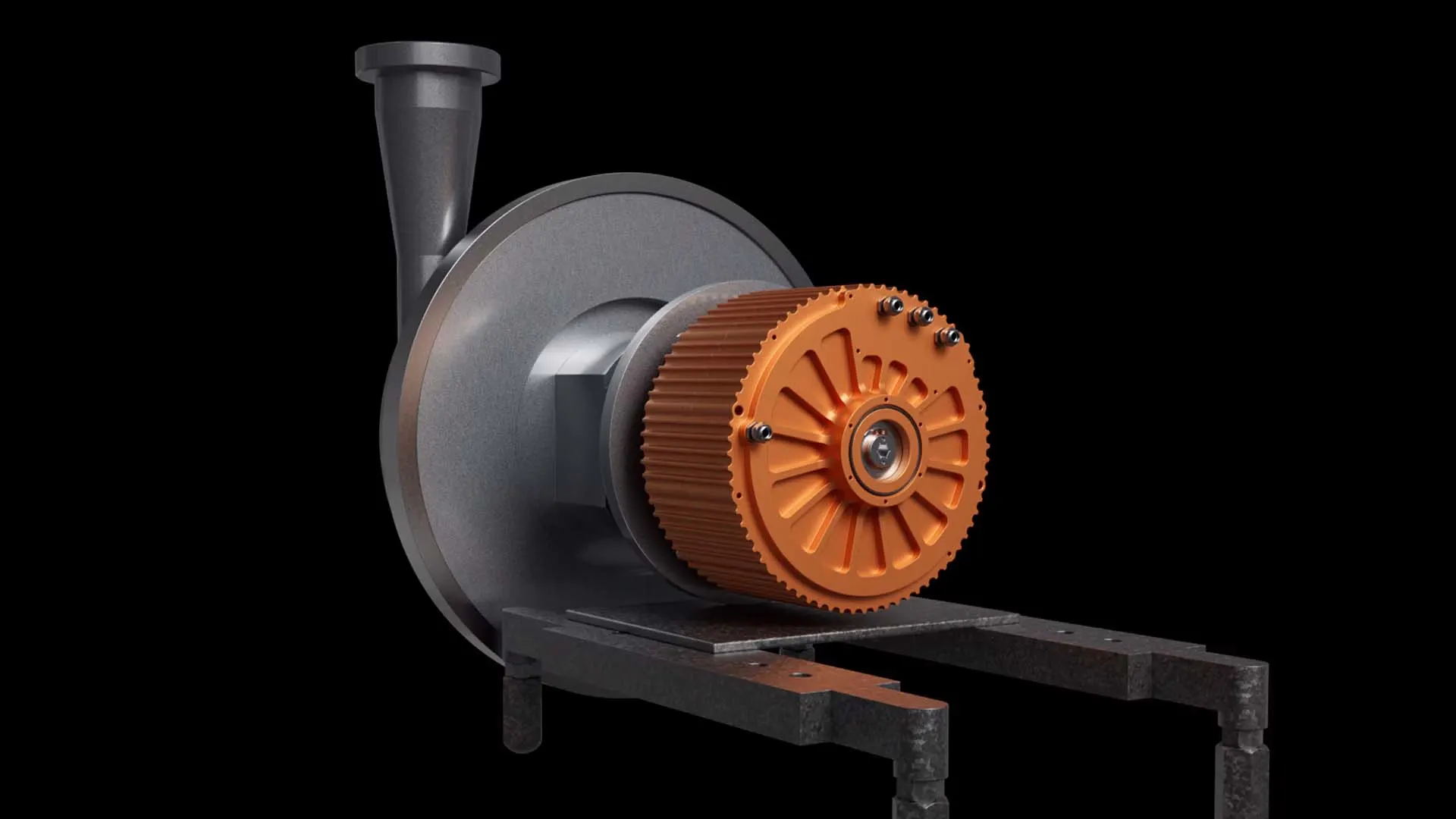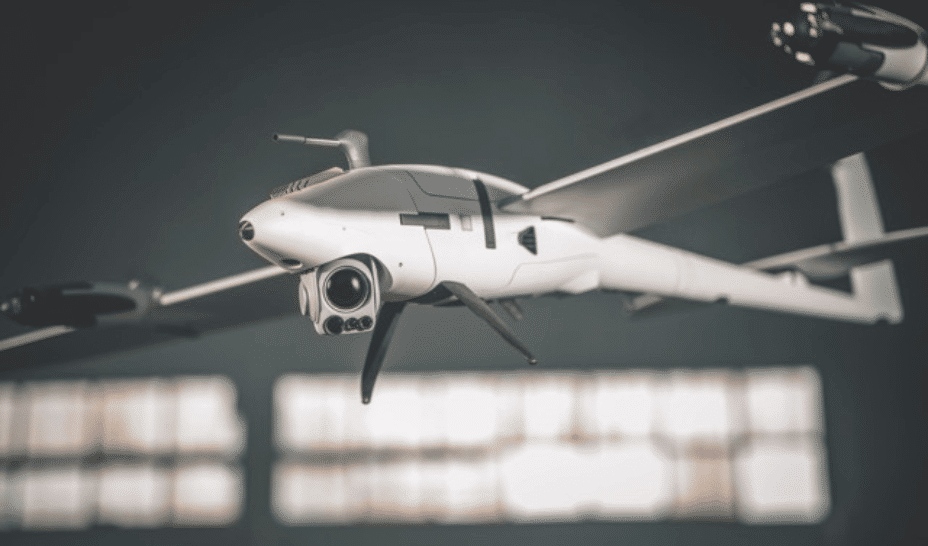I can't see the point of this modular mini PC, which doesn't come with more connectors or storage options and costs more than the competition
Kingdel’s PHX18/K3 mini PC splits in two for flexibility, but lacks compelling features to justify its premium price or modular gimmick.
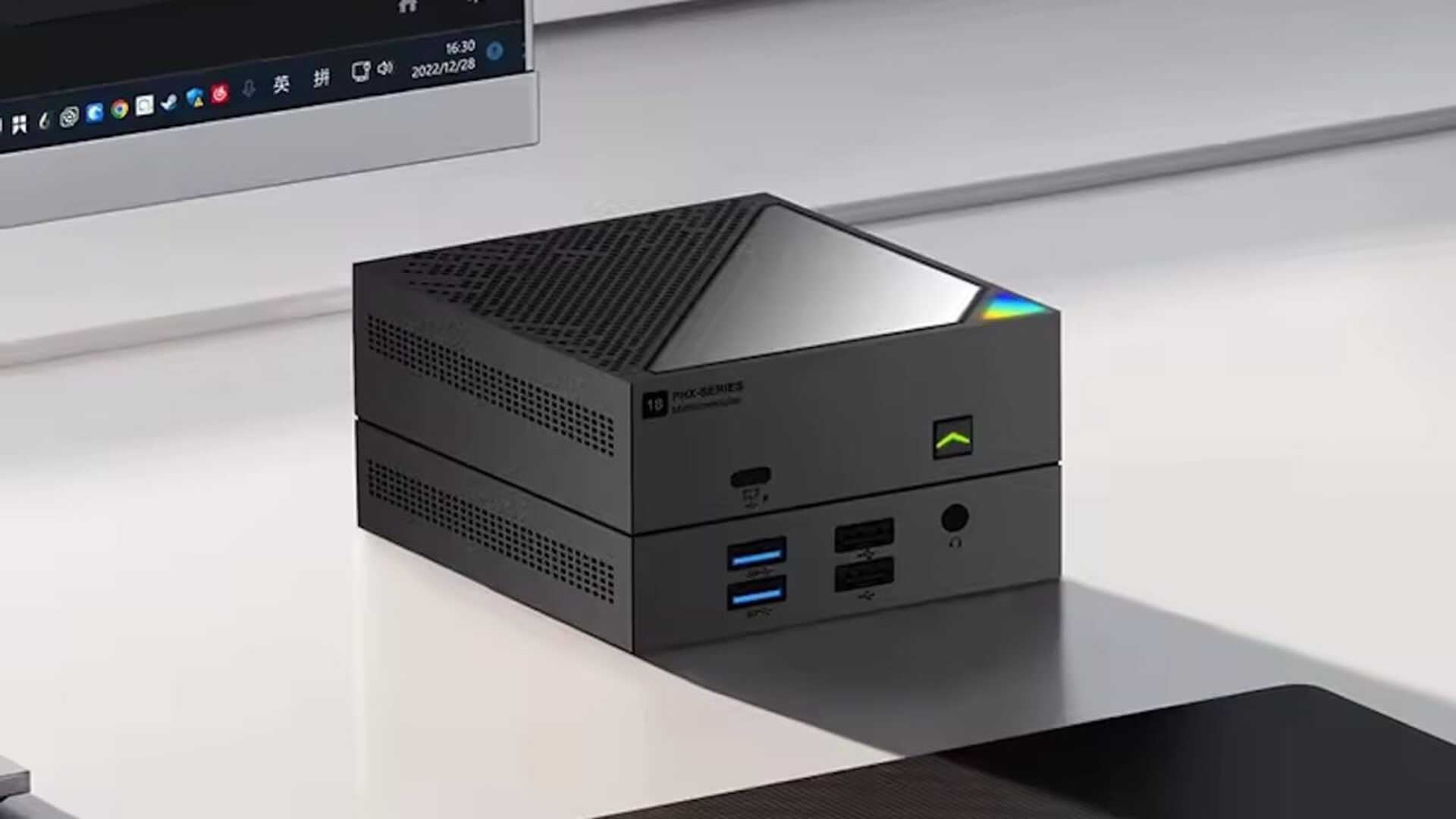
- Kingdel PHX18/K3 mini PC design sounds smart, but it's more of a gimmick
- Ryzen chip brings power, but not enough ports to justify its price
- Offers USB4, 8K video and three simultaneously connected displays
Modular computing devices are meant to offer flexibility, but the new Kingdel PHX18/K3 mini PC seems to prioritize form over function.
The device offers respectable performance and some versatility, thanks to its two-piece magnetic design and AMD Ryzen processors. The base model includes an AMD Ryzen 5 6600U, a 6-core chip with integrated Radeon graphics. A more powerful configuration features the Ryzen 7 7840U with RDNA3 graphics.
It comes with up to 16GB of DDR5 RAM, and storage starts with a 512GB NVMe SSD, expandable via a second M.2 slot in the modular base - up to 8TB in total.
Novel modular design, but needs more work
The PHX18/K3 separates the main computing unit from its base, allowing users to run the PC standalone via USB-C or attach the lower section for more ports and additional storage.
While the modular design is novel, it raises questions. Why separate access to key connectors? Even with the base attached, it doesn’t offer much more than most integrated systems. Since the split doesn’t result in major savings or expanded functionality, the design feels like a solution in search of a problem.
Connectivity includes USB4, HDMI 2.0, DisplayPort 1.4, dual 2.5G LAN ports, Wi-Fi 6, and Bluetooth 5.2. The system supports 8K video output at 60Hz with HDR and can drive up to three displays at once.
That sounds impressive and suggests potential as a compact media or content workstation. But the PHX18/K3 struggles to justify its price. Starting at $329 for a barebones model, it's more expensive than alternatives that offer similar performance with integrated ports.
The device ships with Windows 11 Pro but also supports Linux. It targets business users with niche needs for portability, modularity, and storage expansion.
Outside of those edge cases, though, it's hard to see a compelling reason to choose it over more conventional, better-connected systems at lower prices.
Via Androidpctv
You might also like
- These are the best mobile workstation you can buy right now
- We've also listed the best portable monitors for every budget and resolution
- Nvidia CEO Jensen Huang just got a pay rise for the first time in a decade



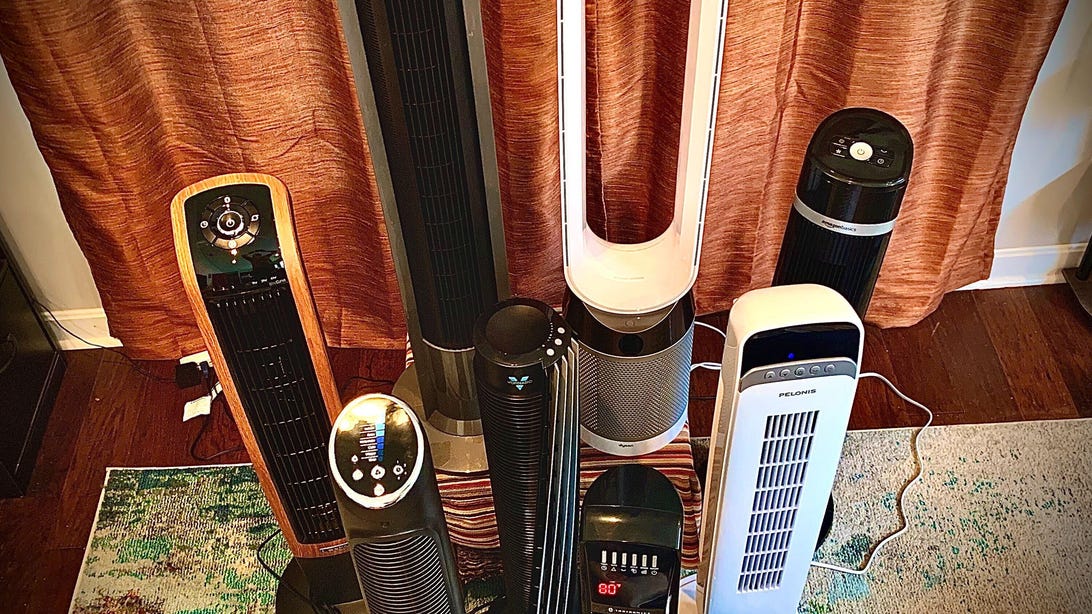












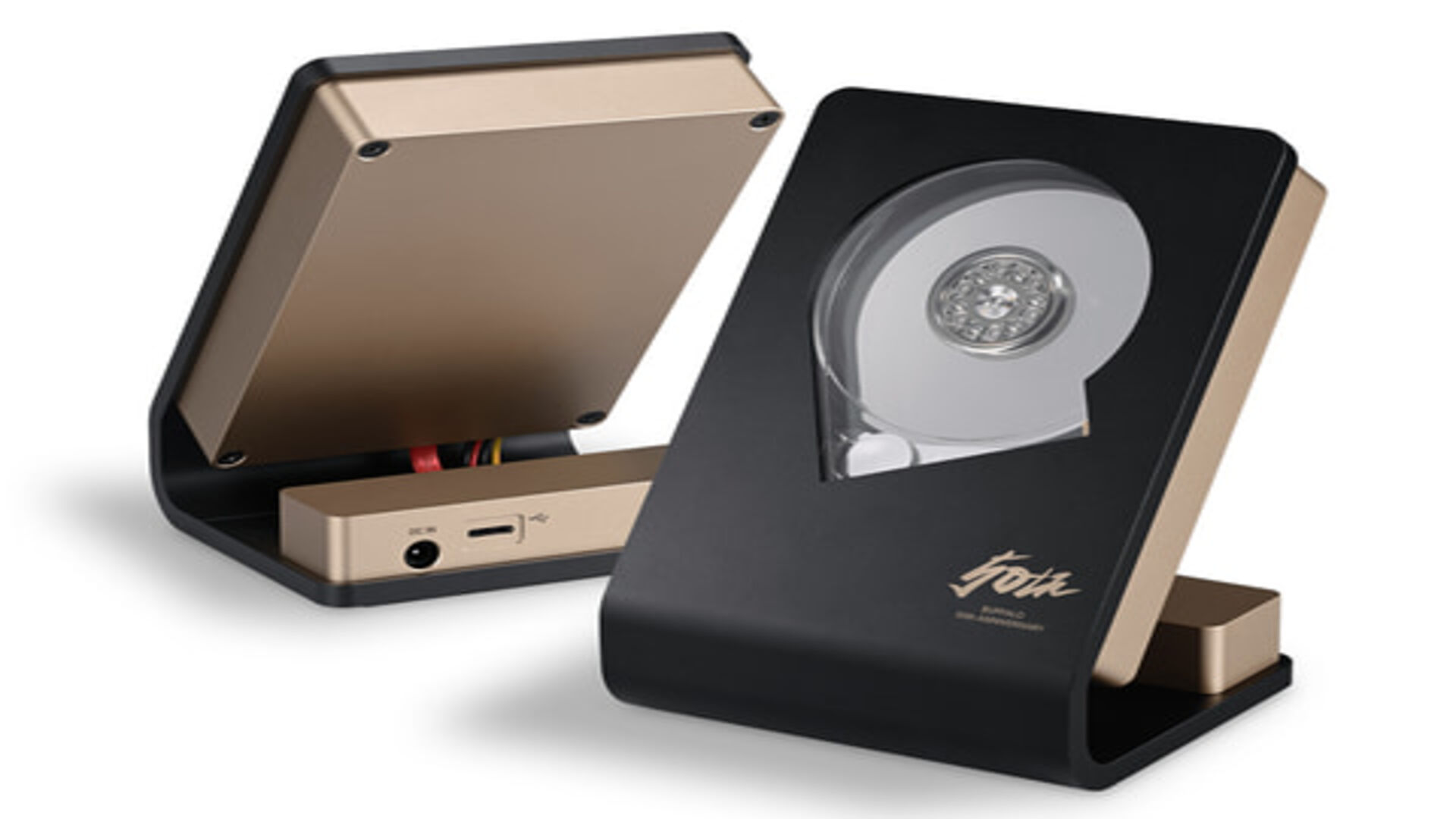







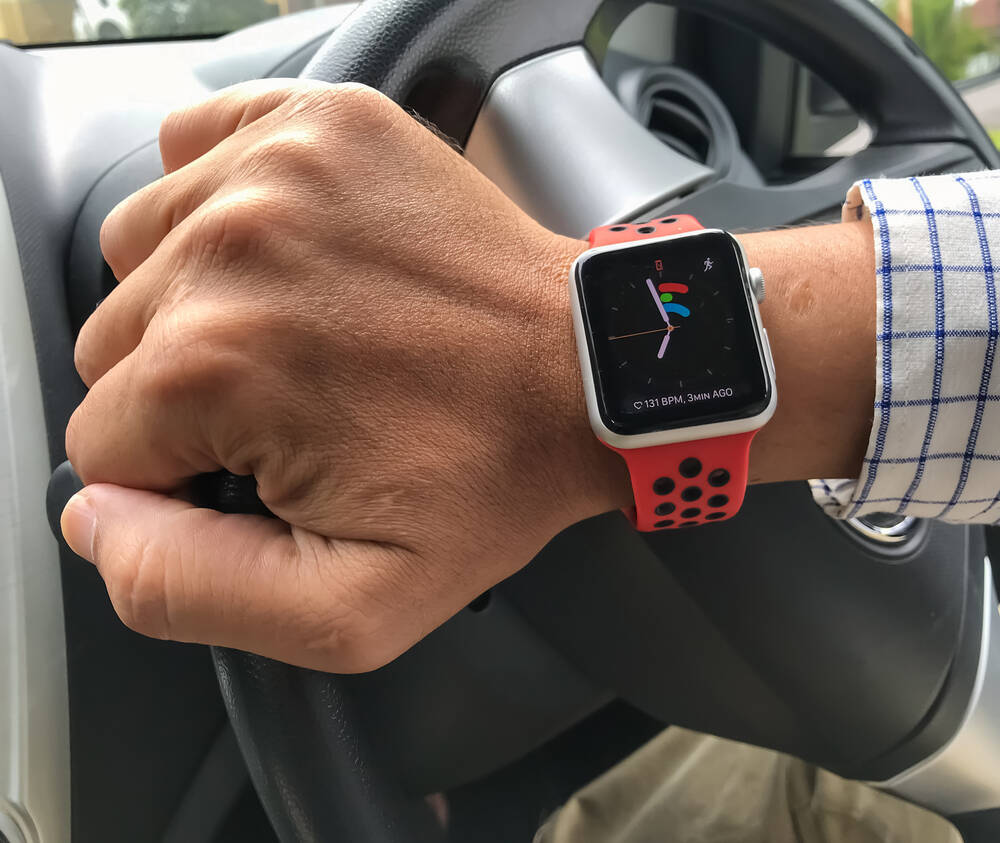













































































































































![[The AI Show Episode 146]: Rise of “AI-First” Companies, AI Job Disruption, GPT-4o Update Gets Rolled Back, How Big Consulting Firms Use AI, and Meta AI App](https://www.marketingaiinstitute.com/hubfs/ep%20146%20cover.png)








































































































































































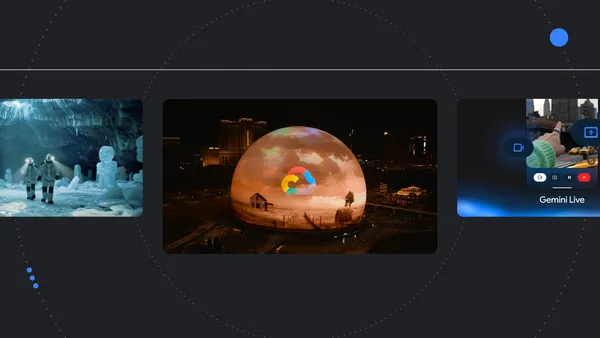
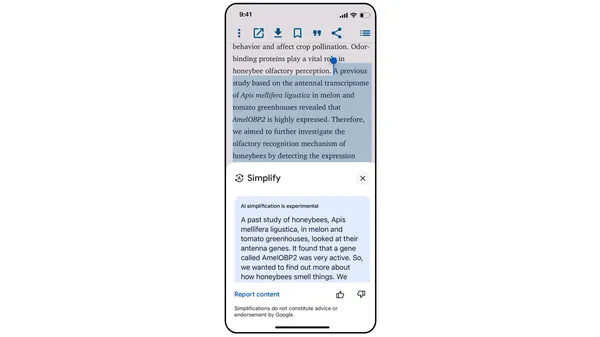







.jpg?width=1920&height=1920&fit=bounds&quality=70&format=jpg&auto=webp#)

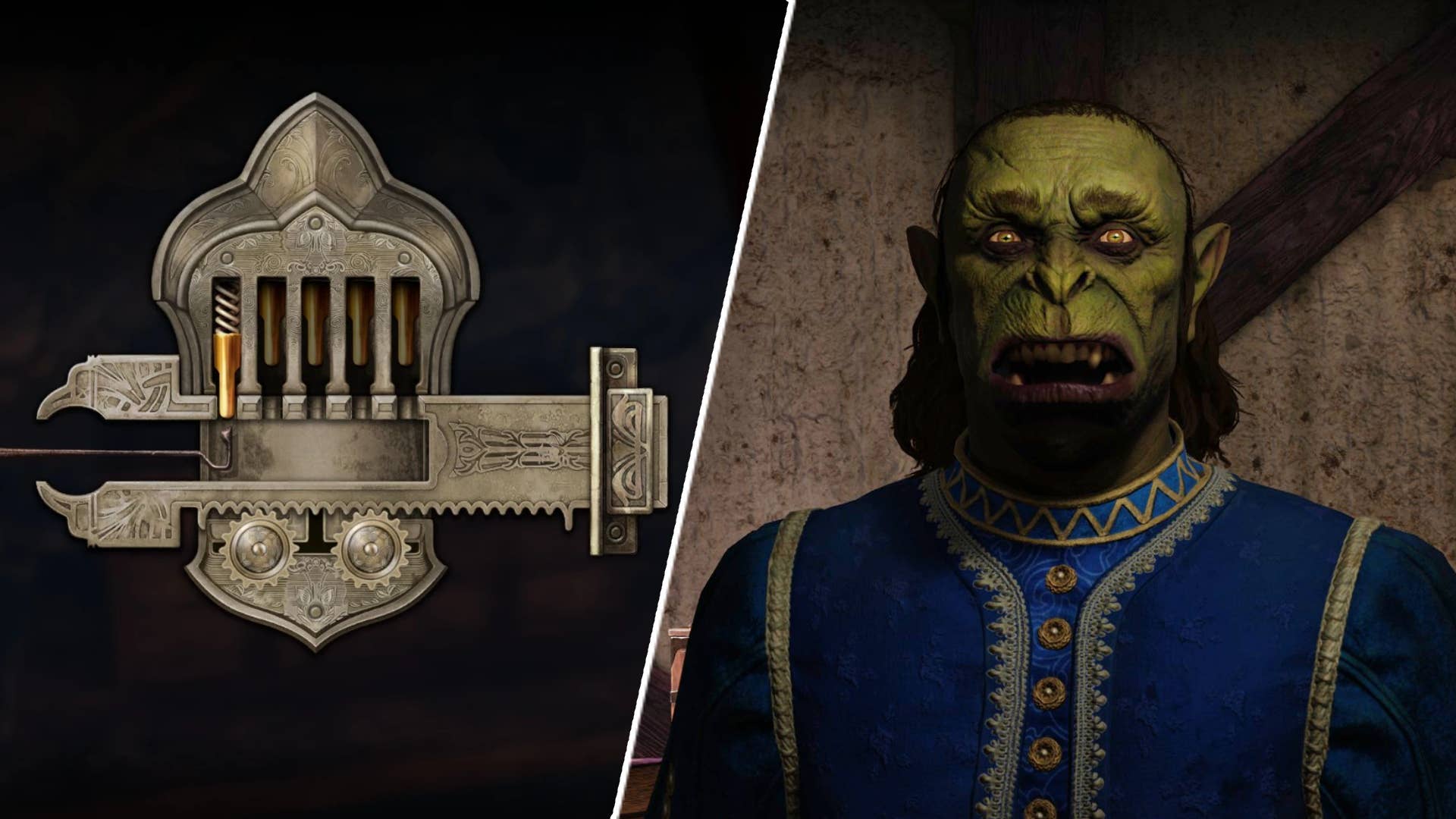







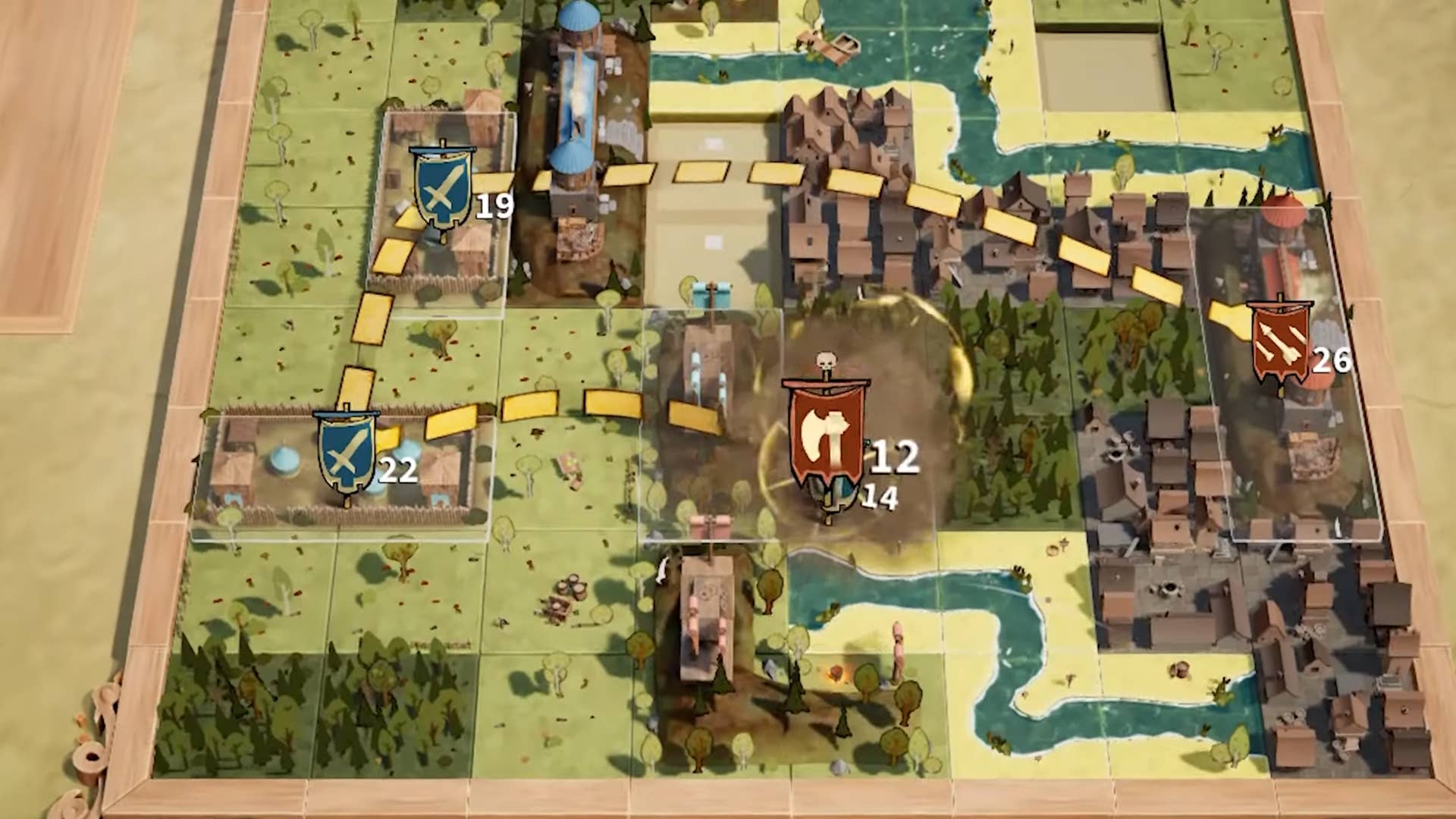


























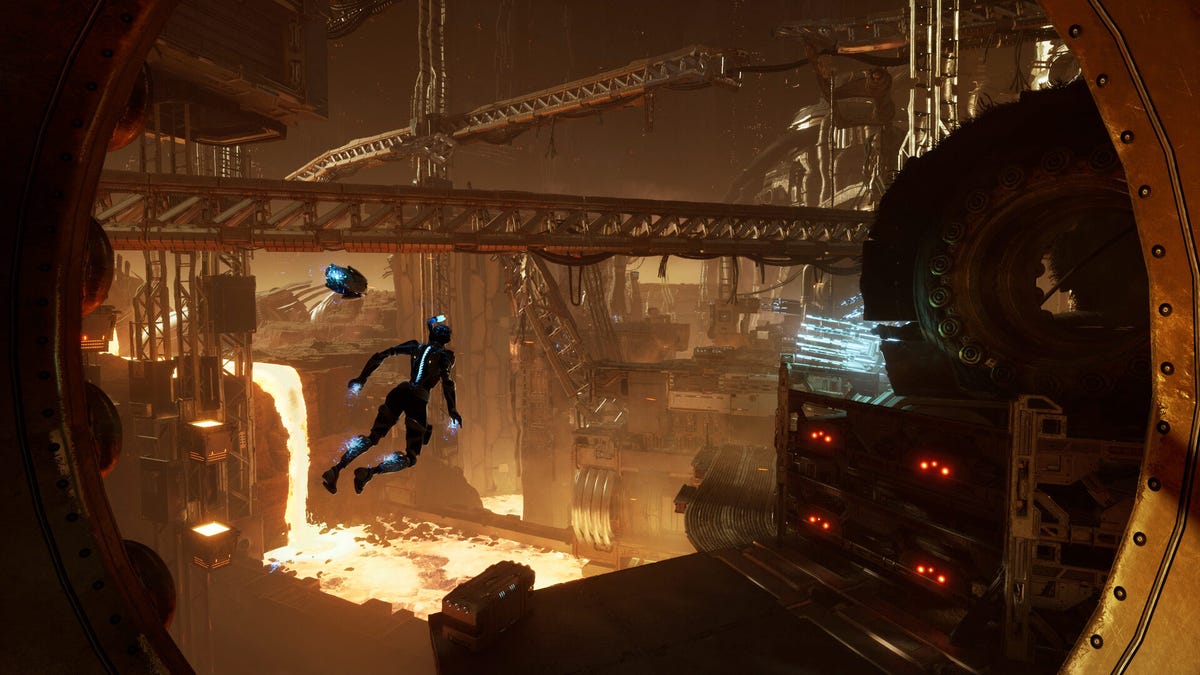
















.jpg?#)



















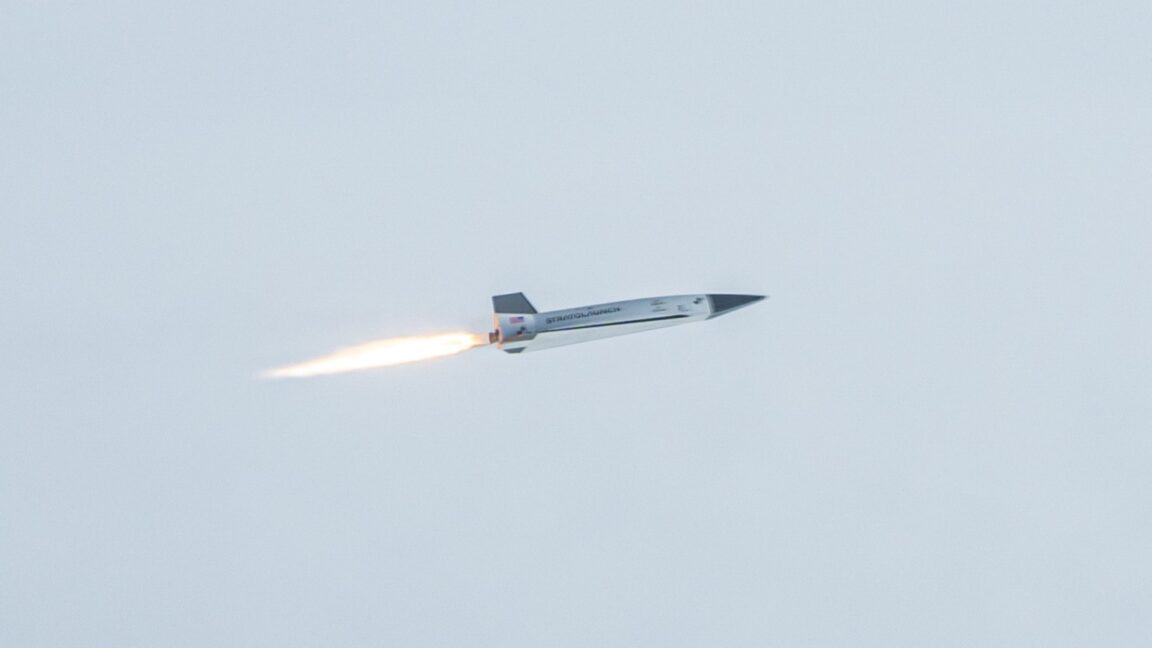










_Alexey_Kotelnikov_Alamy.jpg?width=1280&auto=webp&quality=80&disable=upscale#)
_Brian_Jackson_Alamy.jpg?width=1280&auto=webp&quality=80&disable=upscale#)

_Steven_Jones_Alamy.jpg?width=1280&auto=webp&quality=80&disable=upscale#)


 Stolen 884,000 Credit Card Details on 13 Million Clicks from Users Worldwide.webp?#)


































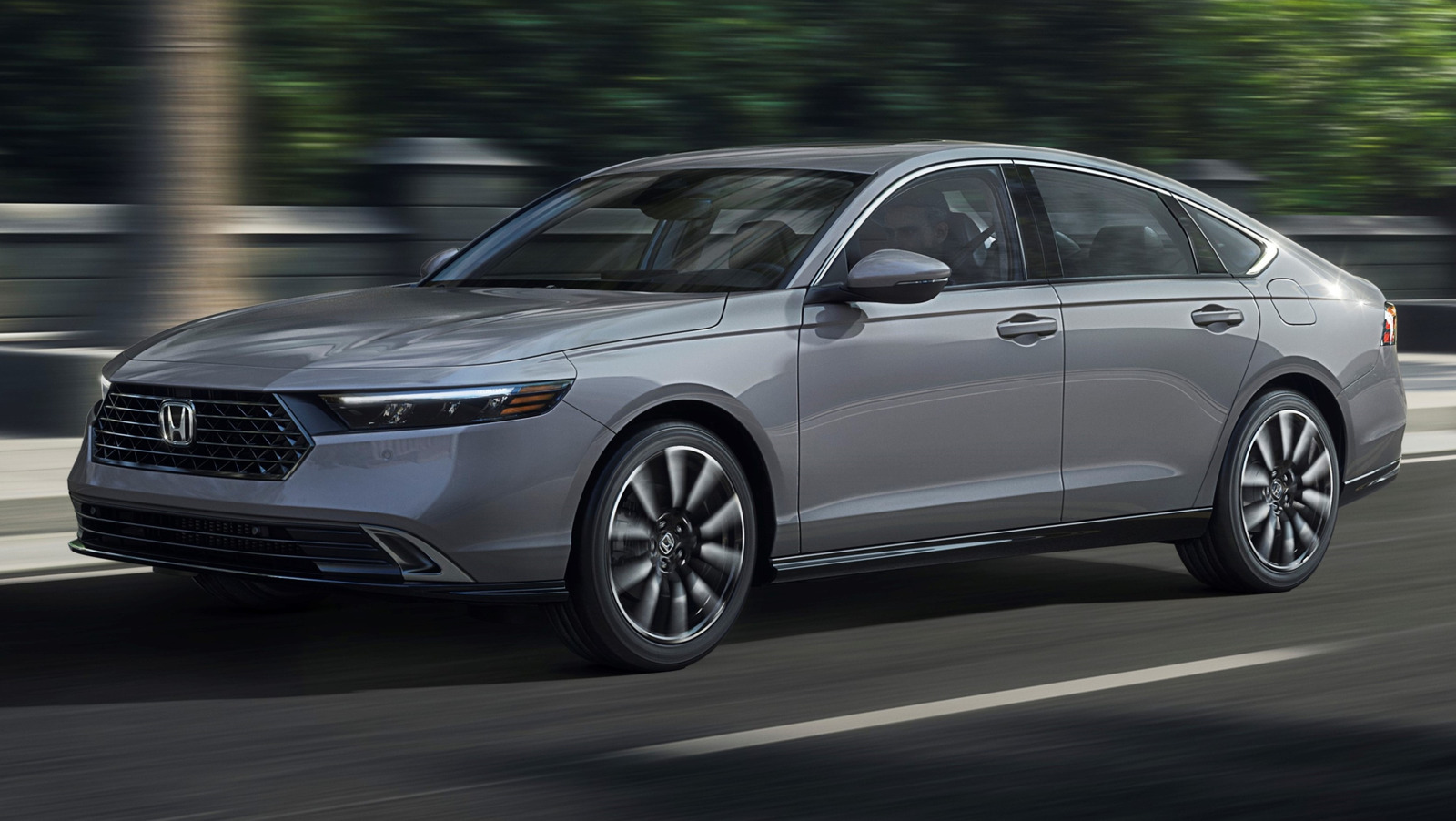
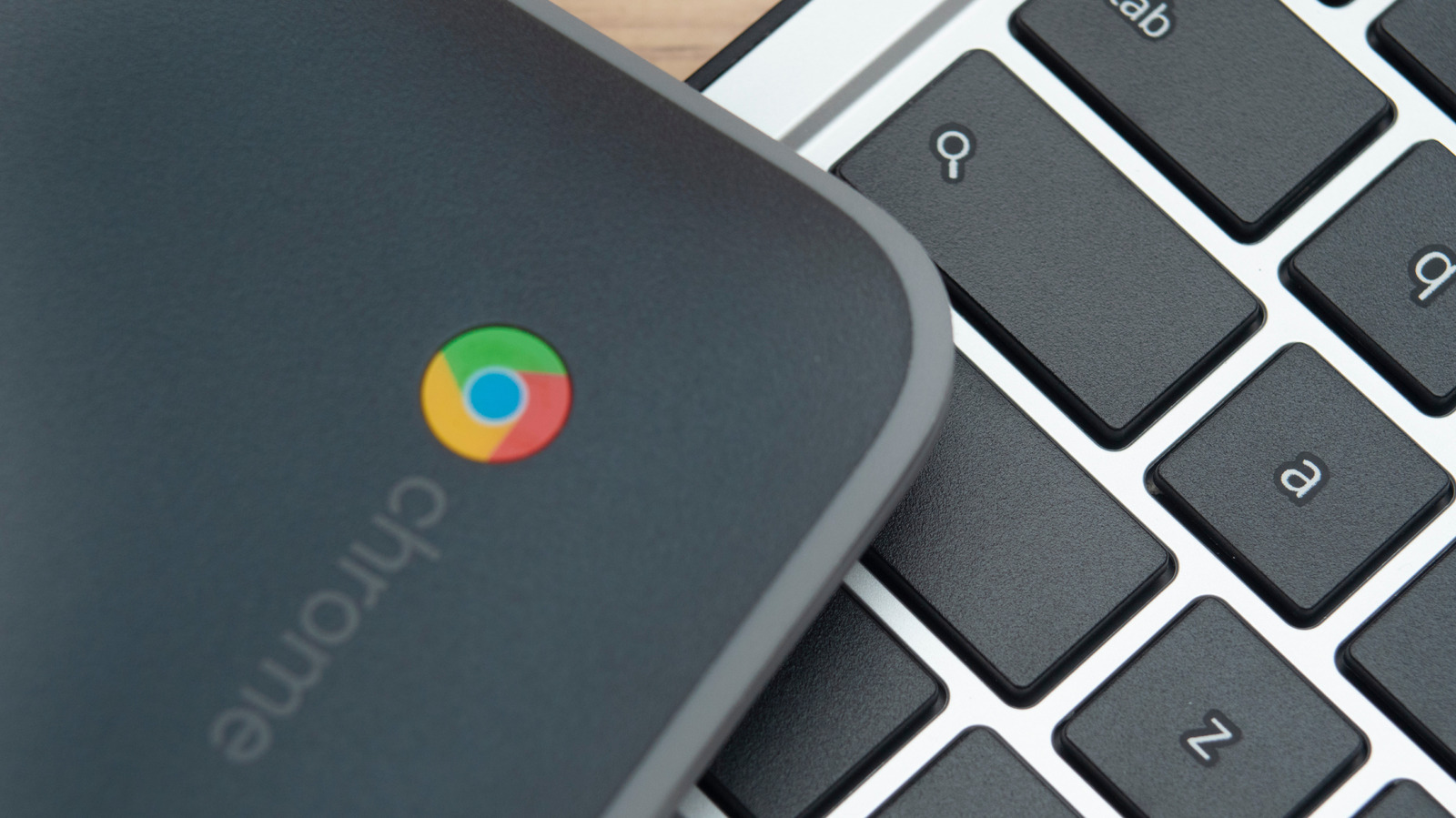

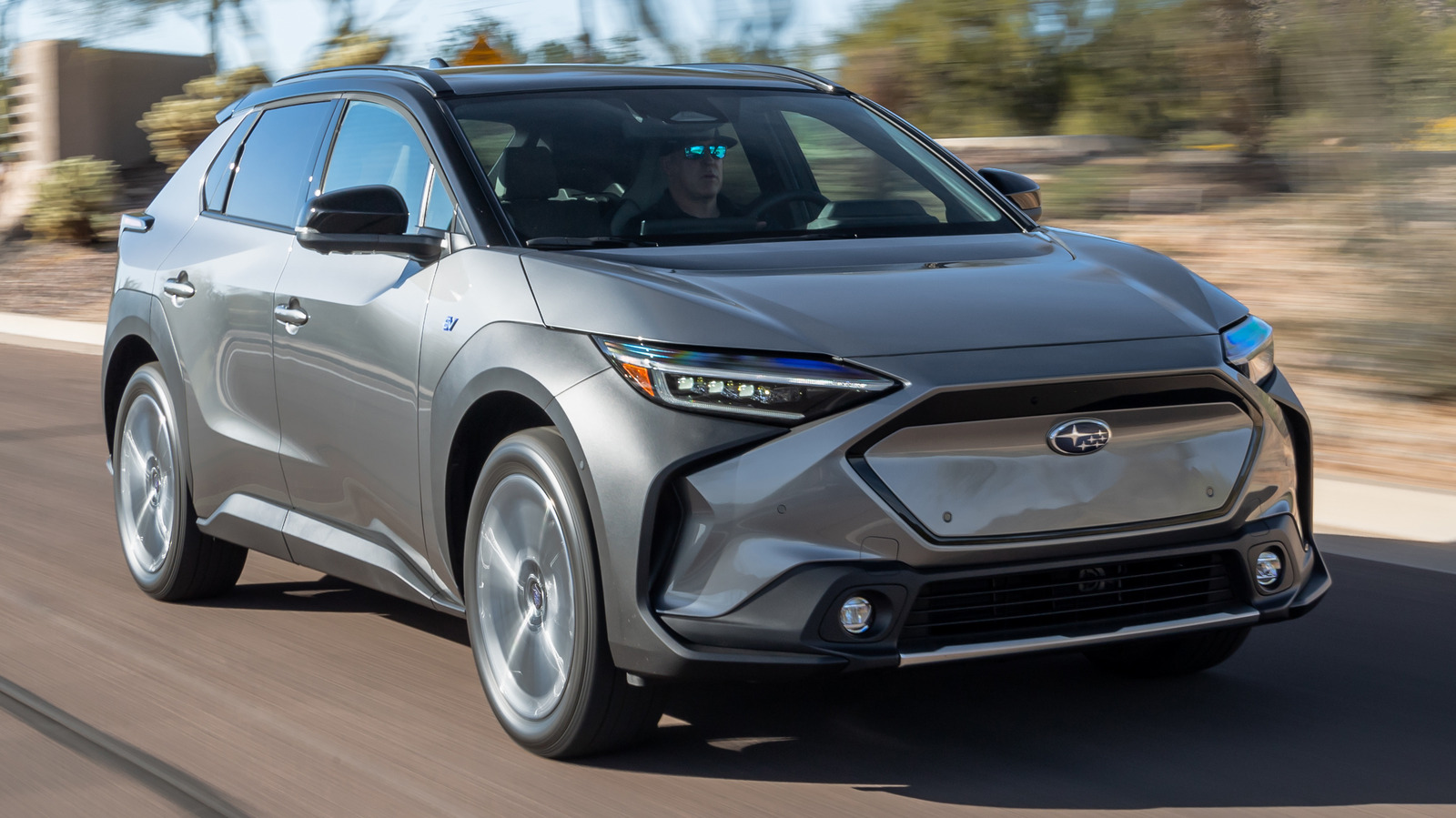










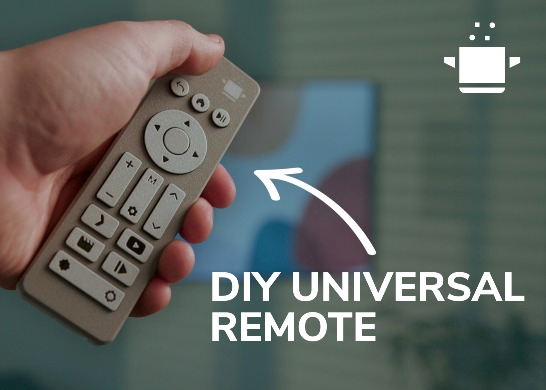


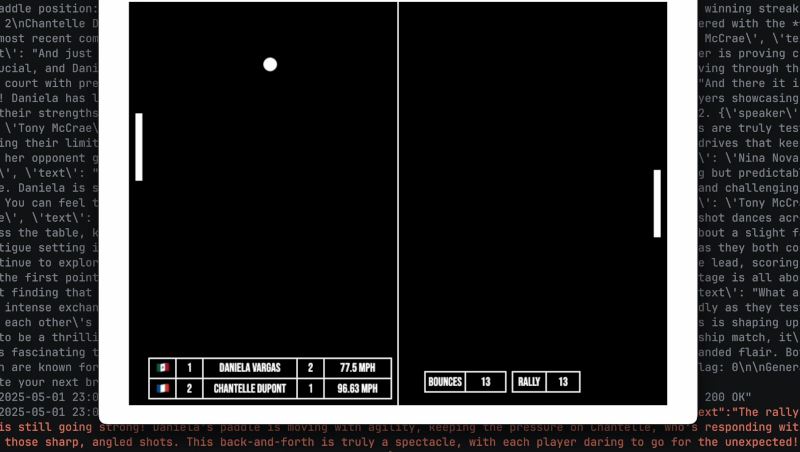












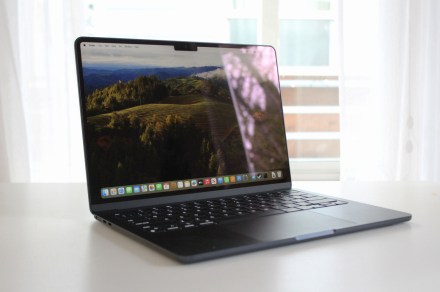







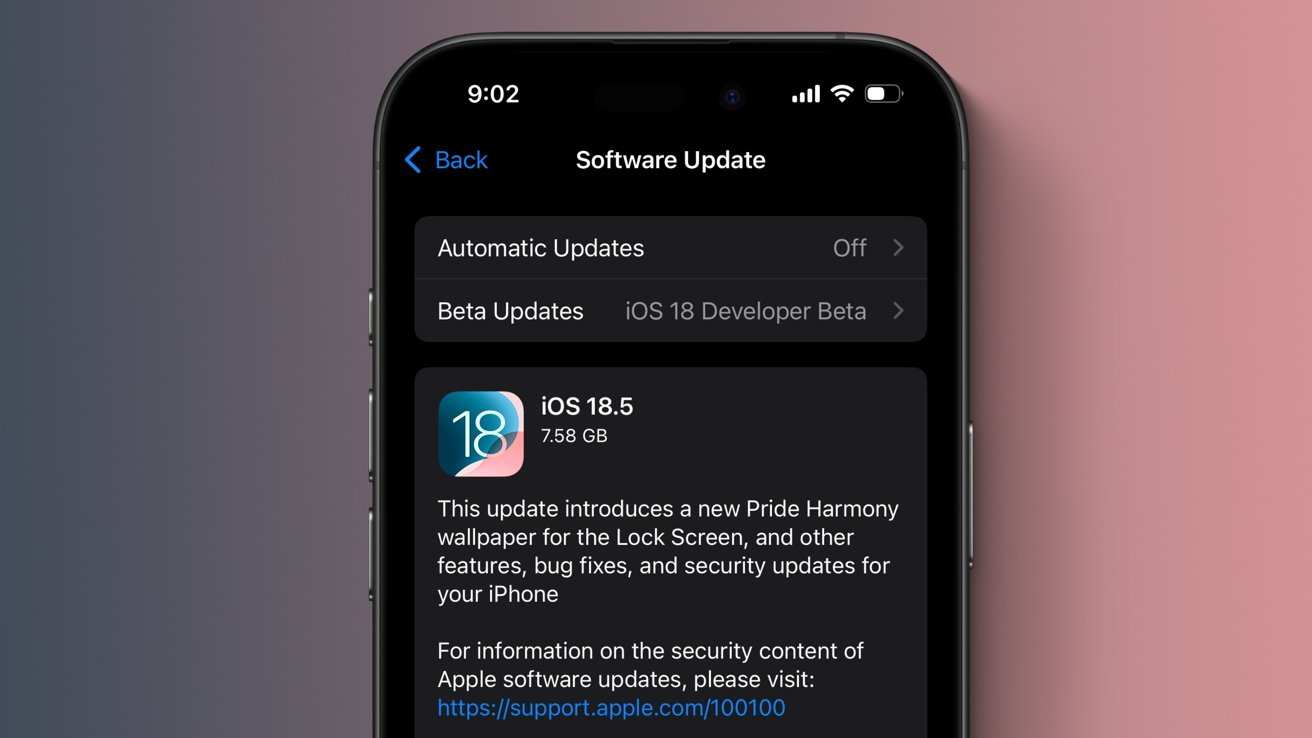

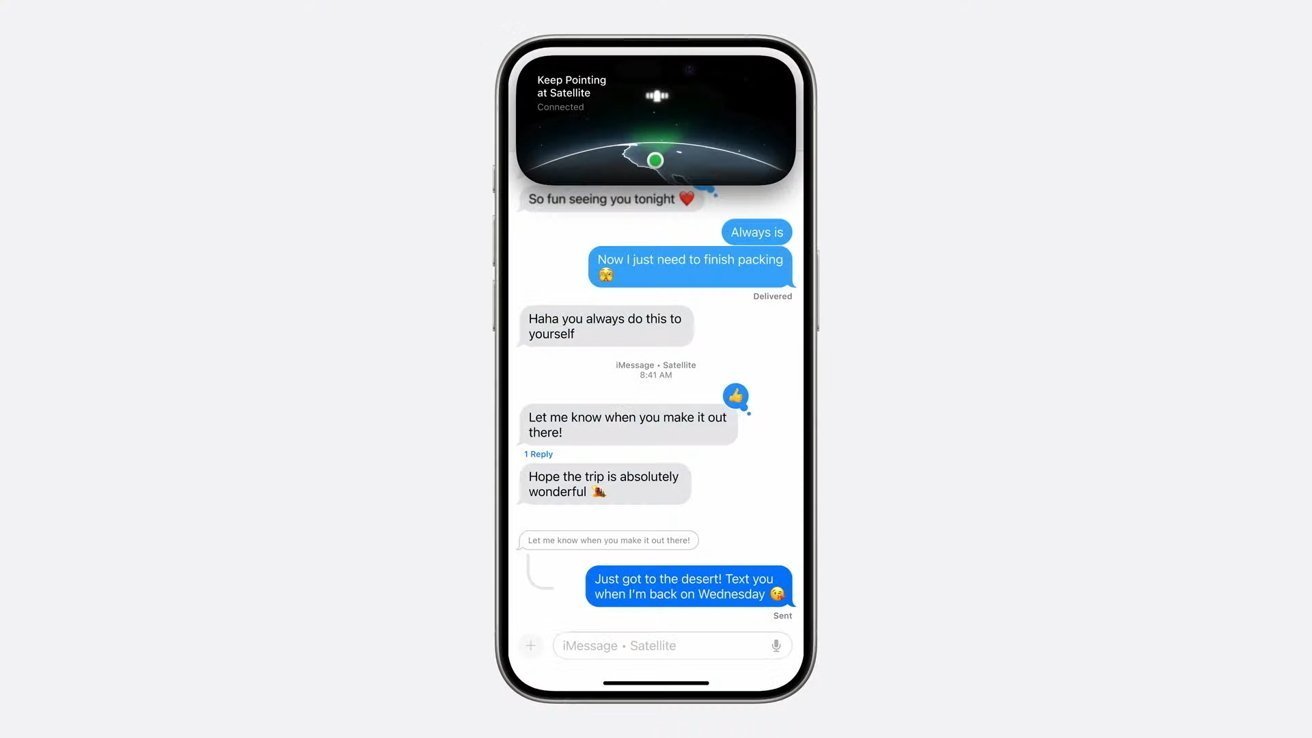

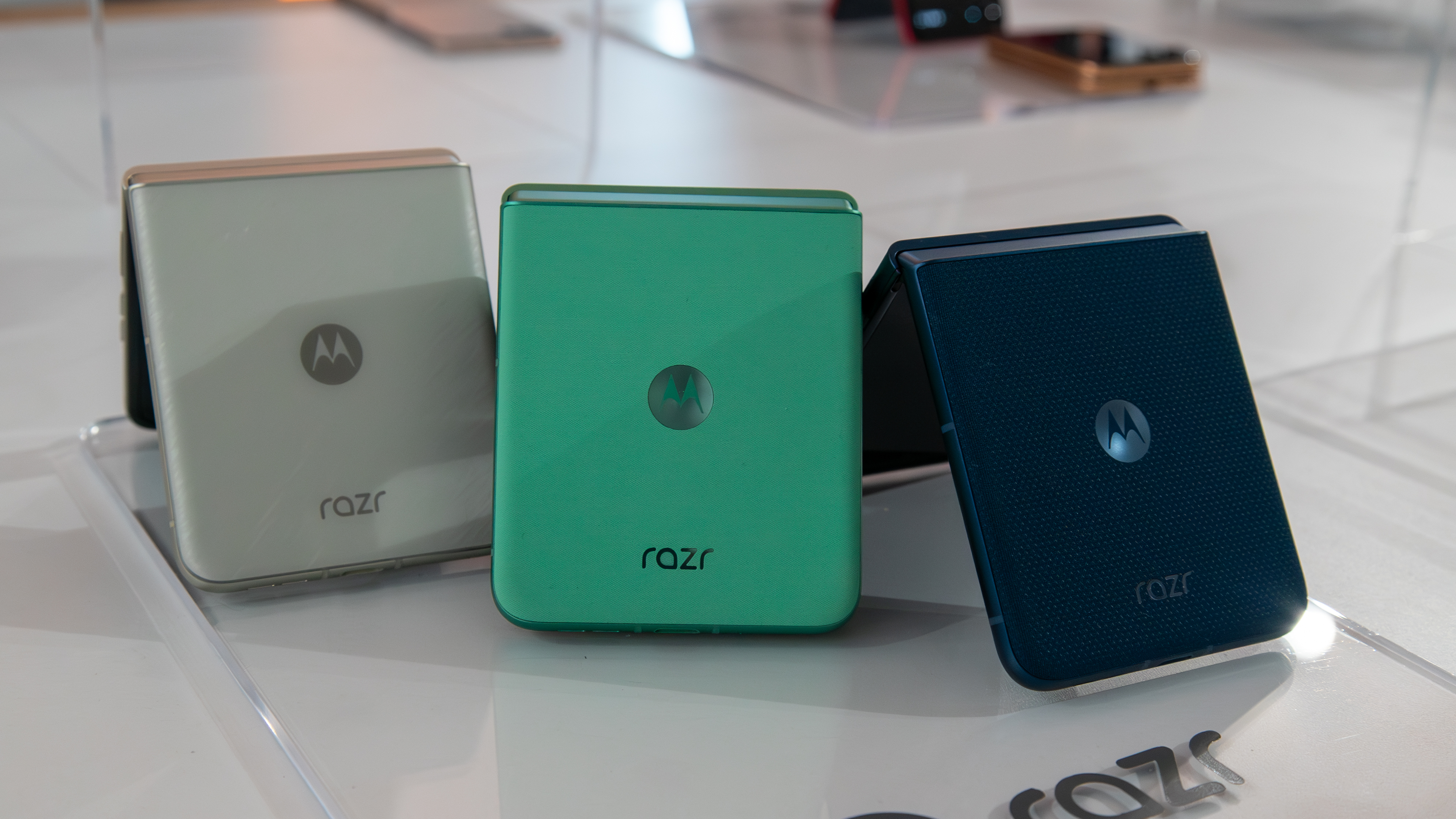
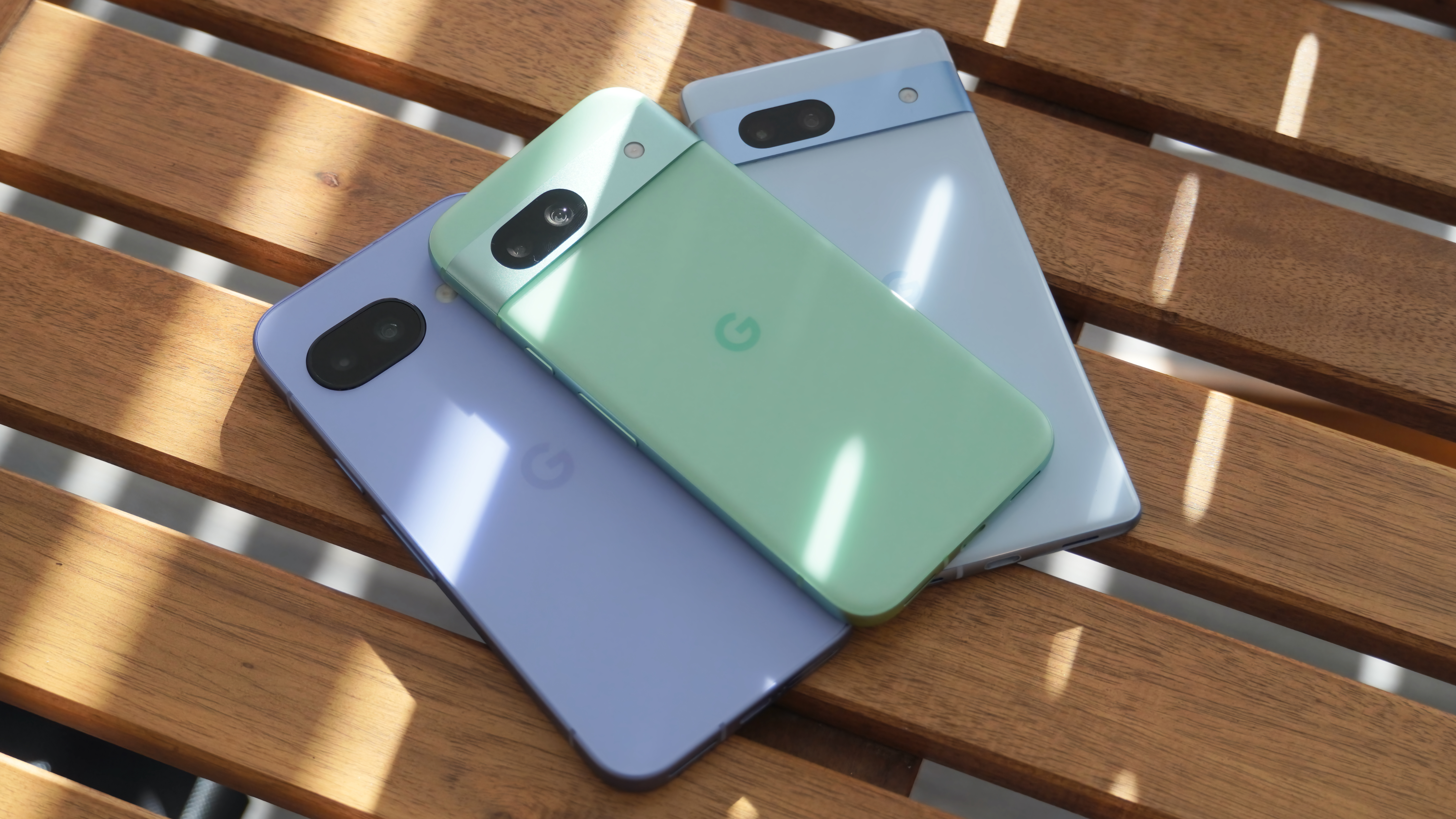
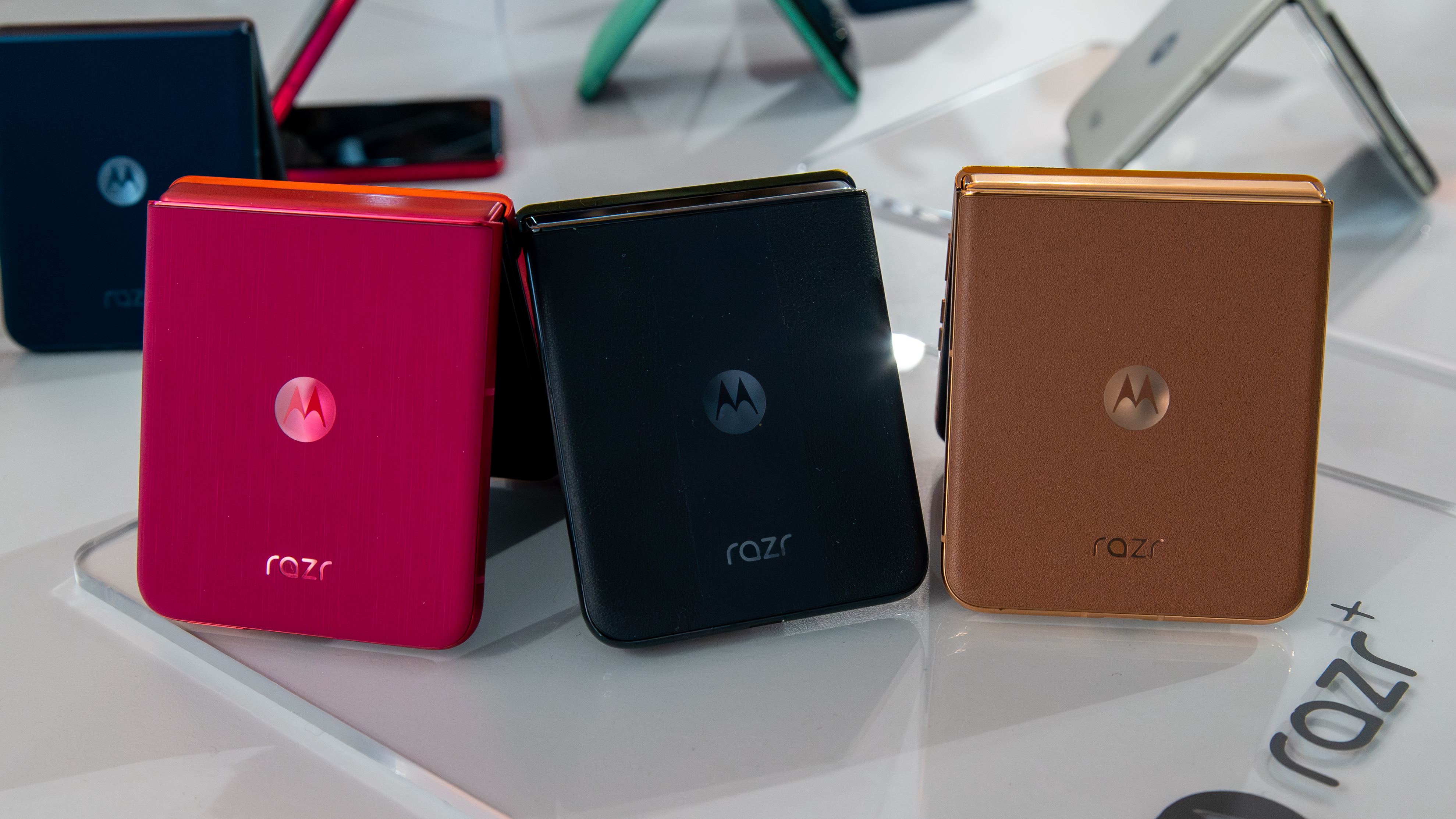
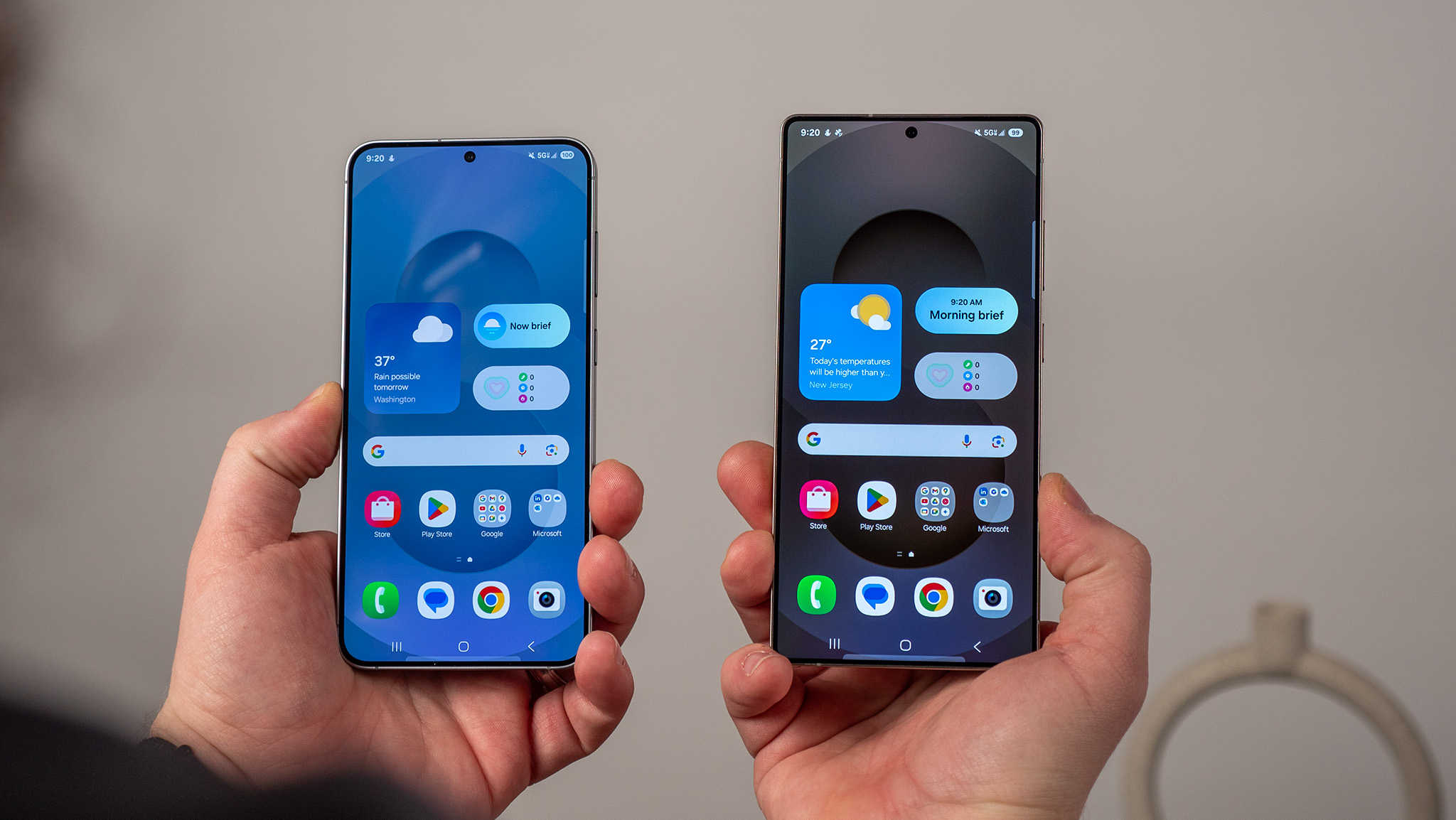
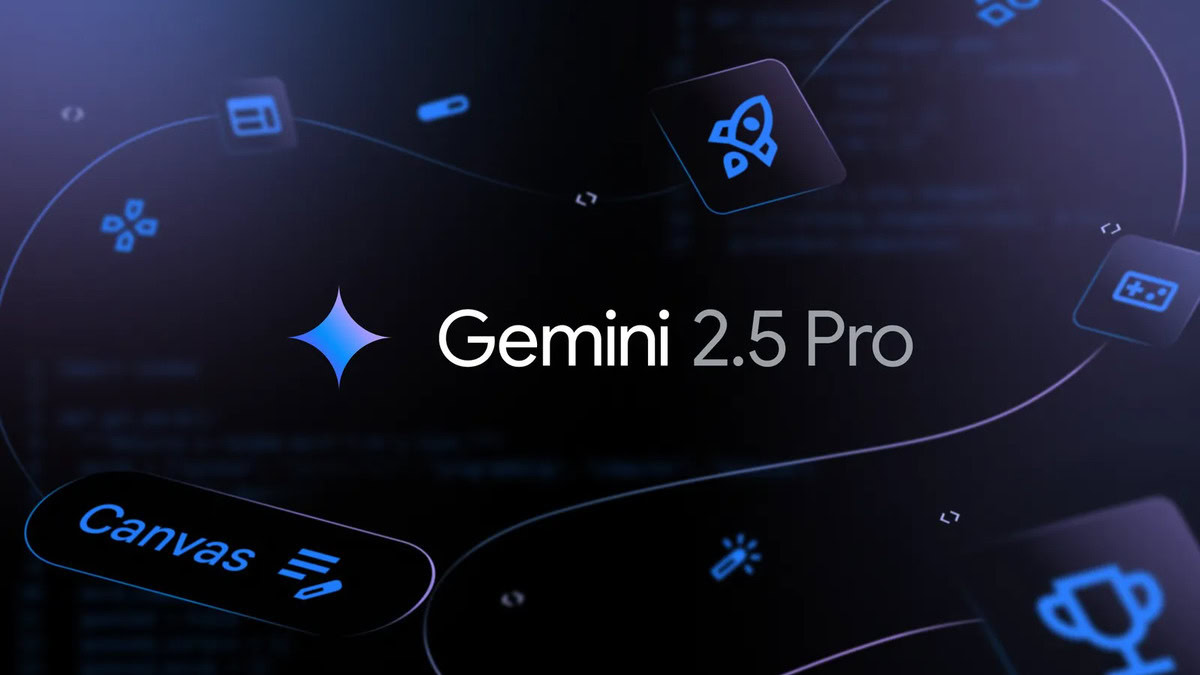





![Roku clarifies how ‘Pause Ads’ work amid issues with some HDR content [U]](https://i0.wp.com/9to5google.com/wp-content/uploads/sites/4/2025/05/roku-pause-ad-1.jpg?resize=1200%2C628&quality=82&strip=all&ssl=1)

![Look at this Chrome Dino figure and its adorable tiny boombox [Gallery]](https://i0.wp.com/9to5google.com/wp-content/uploads/sites/4/2025/05/chrome-dino-youtube-boombox-1.jpg?resize=1200%2C628&quality=82&strip=all&ssl=1)










![Apple Seeds visionOS 2.5 RC to Developers [Download]](https://www.iclarified.com/images/news/97240/97240/97240-640.jpg)
![Apple Seeds tvOS 18.5 RC to Developers [Download]](https://www.iclarified.com/images/news/97243/97243/97243-640.jpg)

![Apple Releases macOS Sequoia 15.5 RC to Developers [Download]](https://www.iclarified.com/images/news/97245/97245/97245-640.jpg)












